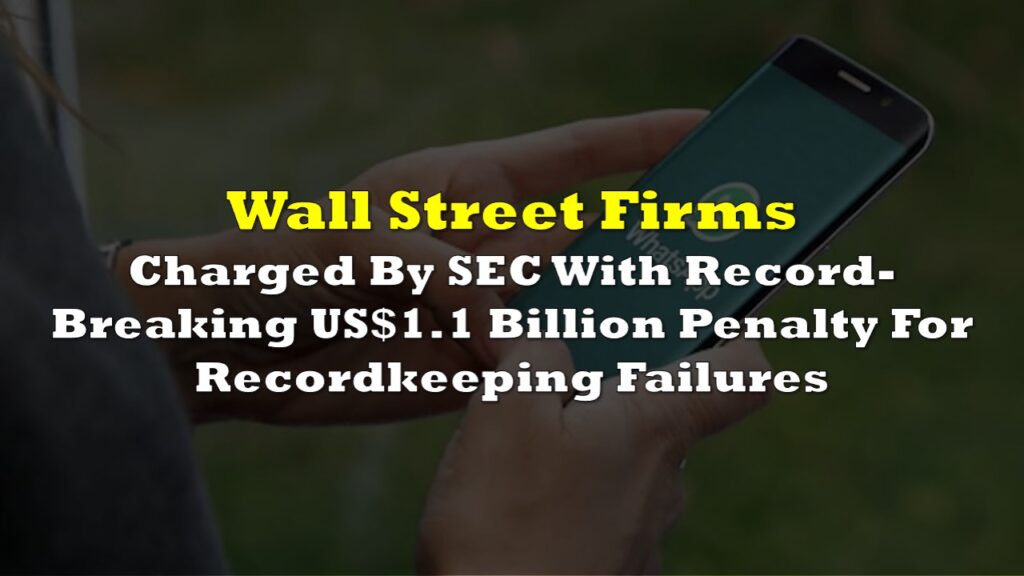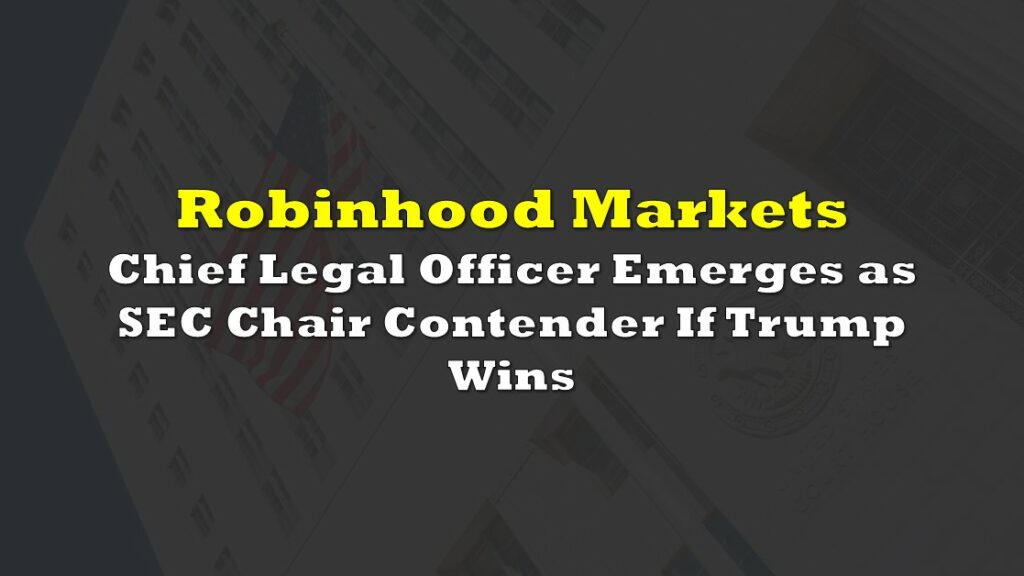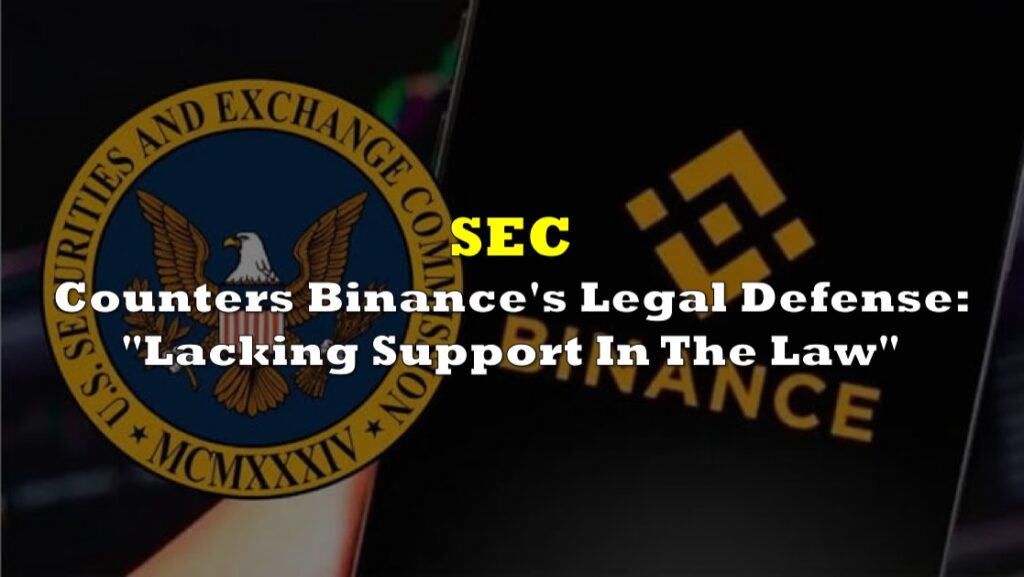The U.S. Supreme Court ruled Thursday that the Securities and Exchange Commission (SEC) cannot use its in-house courts to resolve certain enforcement disputes, particularly those involving civil penalties for fraud. The 6-3 decision marks a major victory for conservatives who have long argued that federal regulators wield excessive power with insufficient oversight.
BREAKING 🚨: SEC
— Barchart (@Barchart) June 27, 2024
U.S. Supreme Court rules that the SEC cannot use in-house courts when pursuing fraud cases. Another loss for the SEC! pic.twitter.com/hlnYyMo4tH
Chief Justice John Roberts, writing for the majority, stated that the SEC’s reliance on in-house courts and judges for such cases violates the Constitution’s guarantee of a jury trial. “A defendant facing a fraud suit has the right to be tried by a jury of his peers before a neutral adjudicator,” Roberts wrote.
This ruling potentially impacts the operational structure of numerous federal agencies, as the decision questions the constitutionality of internal tribunals used widely across the government. The court’s ruling could disrupt not only the SEC but also other agencies like the Federal Trade Commission (FTC) and the National Labor Relations Board (NLRB), which use similar adjudicatory mechanisms.
Dissenting and concurring opinions
Justice Sonia Sotomayor, in a dissenting opinion joined by Justices Elena Kagan and Ketanji Brown Jackson, called the decision “earthshattering.” She argued that the majority’s ruling could undermine the enforcement capabilities of a wide array of federal statutes.
“The constitutionality of hundreds of statutes may now be in peril, and dozens of agencies could be stripped of their power to enforce laws enacted by Congress,” Sotomayor warned.
Justice Neil Gorsuch, in a concurring opinion, countered that the ruling did not leave the SEC without significant enforcement powers. “The agency is free to pursue all of its charges against Mr. Jarkesy. And it is free to pursue them exactly as it had always done until 2010: In a court, before a judge, and with a jury,” Gorsuch wrote.
Gorsuch referenced changes implemented by the 2010 Dodd-Frank Wall Street Reform and Consumer Protection Act, which significantly expanded the SEC’s authority to use in-house administrative law judges (ALJs) for enforcement actions involving civil penalties. Prior to Dodd-Frank, the SEC had more limited authority and typically brought major enforcement actions requiring significant penalties to federal courts with juries.
The expansion aimed to streamline enforcement but has faced criticism for potentially compromising fairness by allowing the SEC to act as judge, jury, and prosecutor in its own administrative proceedings. Notable business figures, including Mark Cuban and Elon Musk, have been vocal in their criticism of the agency’s adjudicatory process.
SEC v. Jarkesy
The Supreme Court’s decision in Securities and Exchange Commission v. Jarkesy stems from a 2013 enforcement action against hedge fund manager George Jarkesy. The SEC accused Jarkesy of defrauding investors through two hedge funds he managed, alleging he misrepresented investment risks and inflated asset values to attract and retain investors. Jarkesy was fined and faced a ban from the securities industry as a result of the SEC’s in-house adjudication process.
Jarkesy challenged the constitutionality of the SEC’s administrative law judges (ALJs), arguing that they violated his Seventh Amendment right to a jury trial and that their appointments violated the Appointments Clause of the Constitution. In 2022, the Fifth Circuit Court of Appeals ruled in Jarkesy’s favor, finding that the SEC’s in-house tribunals deprived him of his constitutional rights.
Karen Cook, an attorney for Jarkesy, praised the ruling: “The court has restored the balance of powers vital to our republic, safeguarding the rights of the people above an overreaching government.”
Conversely, Public Citizen President Robert Weissman expressed concern about the ruling’s broader implications: “This decision stands to undermine not only the SEC’s enforcement efforts but also those of other federal agencies that rely on in-house courts to efficiently and effectively adjudicate violations.”
Legal experts predict the ruling will have far-reaching consequences. “Many other federal agencies bring enforcement actions based on statutory standards that closely resemble fraud or other common law claims,” noted Andrew Pincus, a partner at Mayer Brown. “The Supreme Court’s decision indicates that all of those actions will now have to be tried before an independent federal judge and a jury — eliminating the ‘home court advantage’ that has benefited many agencies for decades.”
One of the latest cases in which the SEC won through its in-house courts involved Marcum LLP, an audit firm charged with widespread quality control deficiencies. This case was particularly notable for its focus on Marcum’s audit work for special purpose acquisition companies (SPACs).
On June 21, 2023, the SEC charged Marcum LLP with systemic quality control failures and violations of audit standards, particularly related to their audit work for numerous special purpose acquisition companies (SPACs). Marcum LLP agreed to settle the charges by paying a $10 million penalty and undertaking extensive remedial actions to address and correct their quality control deficiencies.
Further administrative proceedings continued into 2024, involving specific partners at Marcum LLP, including Edward F. Hackert, who faced charges for numerous violations of PCAOB audit standards. These proceedings, however, have been complicated by ongoing legal challenges questioning the constitutionality of the SEC’s use of in-house ALJs. Some of these cases, including those involving Marcum partners, have been stayed pending the Supreme Court’s decision on the broader constitutional issues raised in the Jarkesy case.
Information for this briefing was found via Politico and the sources mentioned. The author has no securities or affiliations related to this organization. Not a recommendation to buy or sell. Always do additional research and consult a professional before purchasing a security. The author holds no licenses.









